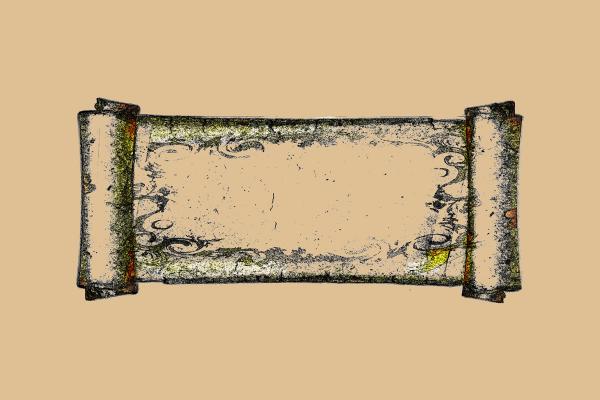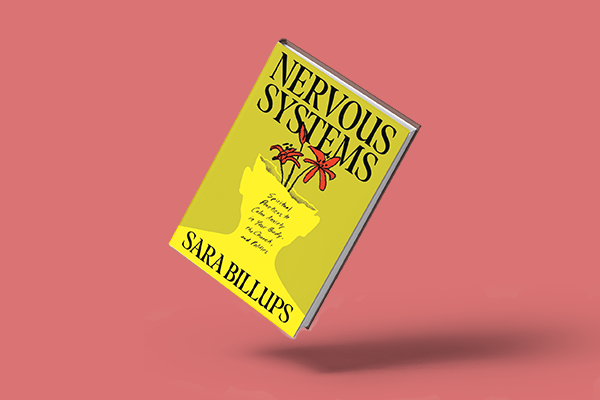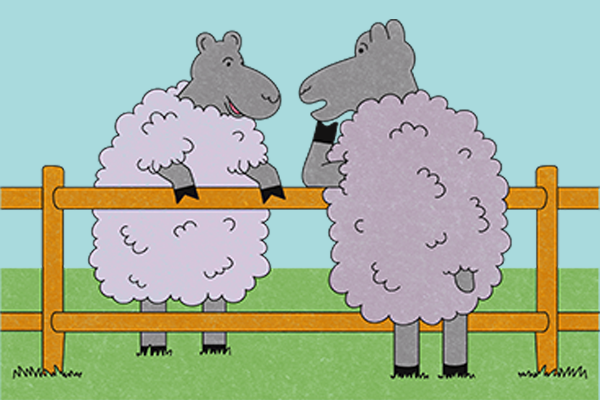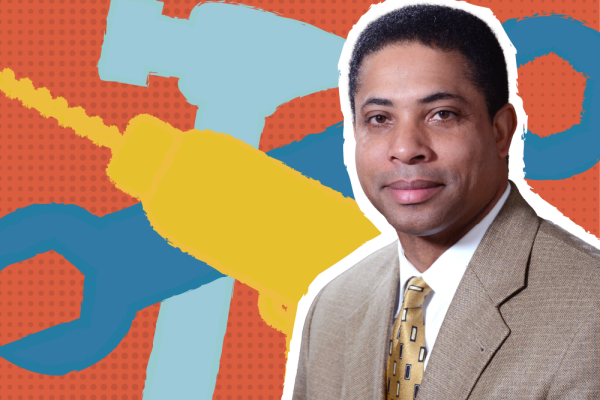IN THE EARLY days of the pandemic, I started a death scroll. Not to be confused with “doomscrolling” (a malady related to one’s smartphone), my death scroll was a physical length of paper on which I penned names and death dates as I learned of them.
Across the top I scrawled: “Blessed are you, Lord Our God, Who Is Keeper of the Book of Life. Today, we learned that Sister Death called ...” On March 13, 2020, I wrote the first name: Barbara Clementine Harris. A towering figure in the American church, Harris registered Black voters in Mississippi in the 1960s, marched from Selma to Montgomery in 1965, and was one of the first 11 women “irregularly” ordained as Episcopal priests in 1974 and the first female bishop in the Anglican Communion. But, because of the COVID lockdown, no churchwide memorial service was held for her.
Pandemics bring death. And, as Christians, it’s impressed upon us to remember. Remember the Sabbath. Remember that your ancestors were slaves in Egypt. Do this in remembrance of me. Remember my chains. But ... I have a very bad memory. So, I made the scroll. When I stopped collecting names in late 2022, my scroll held 36. How many names would your scroll hold?
Last winter, I joined 70 others in writing a communal death scroll. Over three days, we added names of those who died during the pandemic, those we hadn’t mourned properly or even buried. We marked the other kinds of deaths we had suffered during the pandemic: matriculations missed, marriages that came apart, careers brought to an unheralded halt, precious years lost with grandparents and grandchildren.
At our closing liturgy, we unfurled the scroll from the altar, placing so many of our losses on full display before the Lord. It stretched across the entire room.
Among us were emergency room nurses, hospital chaplains, homeless outreach workers, immigrant advocates, those who buried the dead, teachers, and more. Approaching the scroll, some kneeled, extending a finger to touch a name. Some murmured a prayer of farewell. Others simply stared — tasting the tang of our trauma, stunned by all the tragedy and absurdity we have absorbed. Luckily, the kids were also there, full of delight. They pulled river rocks from a basket beneath the altar and placed them along the scroll’s edges — anchoring mutable mourners in Immutable Mystery.
Are rituals for remembering the dead merely sentimental reminiscences for the living? These days funerals are often postponed for months after a death or simply ignored. Perhaps the family is not connected to a church, or funeral home services are too costly, or there is simply no one with the time and ability to organize a memorial. Without a communal container to hold these rituals, they fall away and the market runs us over. The banal gods of capital demand of us optimism while erasing our memories and desecrating our bodies. Steadily, we lose a fundamental right as humans: the right to claim our grief and to be mourned in our passing.
From early in the Christian faith, memorializing and burying the dead was understood as a work of mercy — to strengthen the bond between the “quick and the dead,” between those still living and the lineage of the communion of saints who watch over us. Our death rituals are ways ordinary people attend to the extraordinariness of having spiritual lives. We claim our right to mourn, remember, tell the stories of lineages, and rest in the knowledge of future generations.
Biblical scholar Walter Brueggemann wrote, “‘Heaven’ is not where our dead go, but the arena where God rules fully.” Sometimes death rituals are laments that all is not well, as during the pandemic. Other times, they simply give us a glimpse of heaven, in all its mystery.

Got something to say about what you're reading? We value your feedback!






